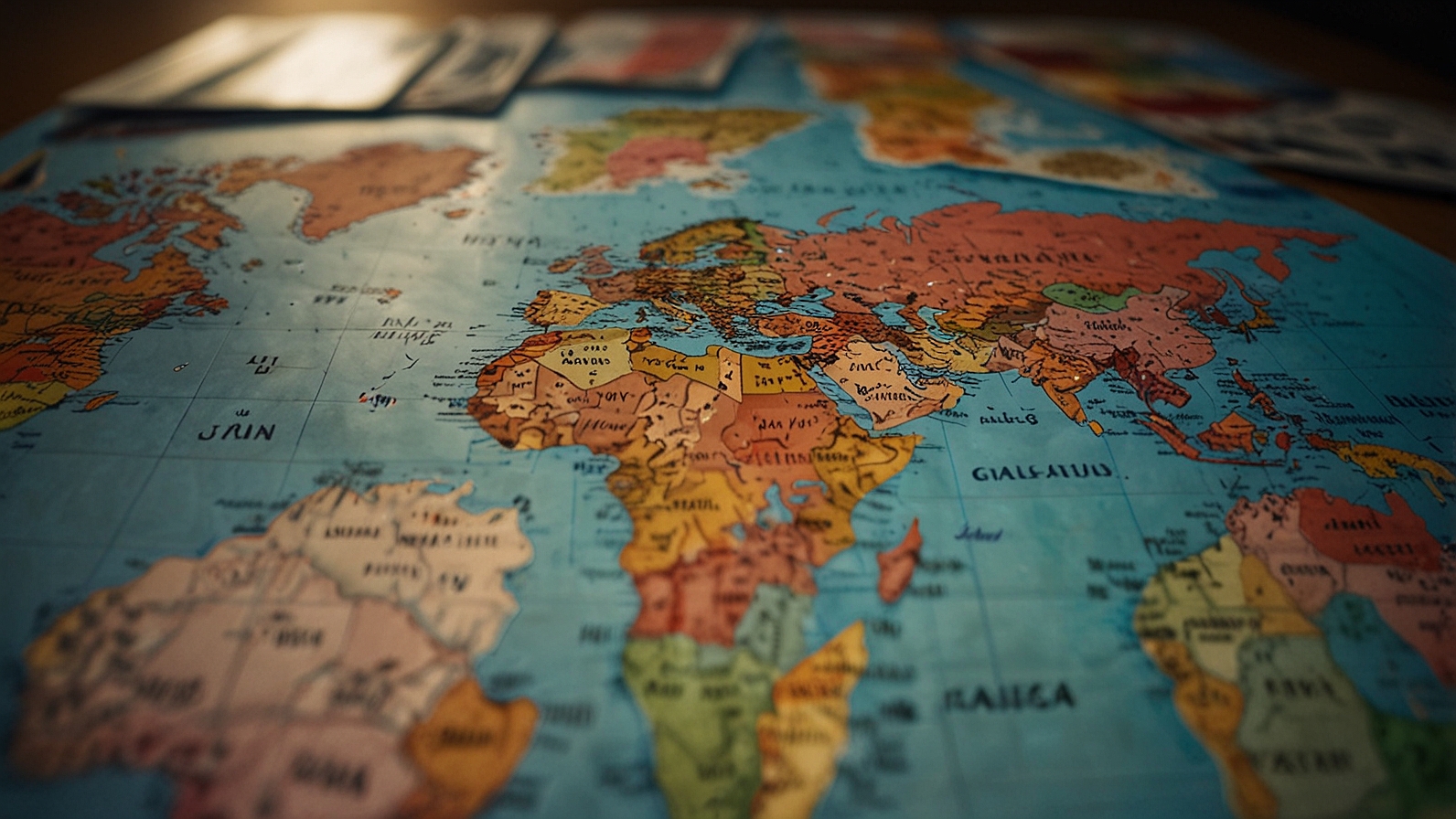In today’s interconnected world, global events can have a significant effect on your personal finances, often in ways that may seem far removed from the headlines. From natural disasters and pandemics to geopolitical tensions and financial market fluctuations, these events shape the economic landscape in ways that directly impact your wallet. This article will explain how these events influence your financial situation, offering a simplified breakdown of key concepts to help you better understand the economic forces at play.
1. Inflation: The Price of Everything Rises
Inflation occurs when the general price level of goods and services increases over time, reducing the purchasing power of your money. Global events like supply chain disruptions, political instability, or natural disasters can lead to inflationary pressures. For instance, the COVID-19 pandemic caused supply chain disruptions across industries, leading to shortages and driving prices up. The same can be true when geopolitical tensions—such as conflicts or trade wars—reduce the supply of goods like oil or agricultural products, causing prices to surge.
Impact on Your Wallet:
- Rising Prices: You may notice that groceries, gas, or even your utility bills are more expensive. This can strain household budgets and affect your savings.
- Interest Rates: In response to inflation, central banks like the U.S. Federal Reserve may increase interest rates, making loans and mortgages more expensive. This impacts how much you pay on car loans, mortgages, and credit cards.
2. Recessions: The Downturns That Affect Job Security and Investments
Global recessions, which can be triggered by anything from a banking crisis to falling consumer confidence, can have wide-reaching effects on your financial security. During a recession, businesses may scale back hiring or even lay off employees in response to falling consumer demand. Additionally, recessions often lead to stock market declines, affecting retirement accounts or any other investments in equities.
Impact on Your Wallet:
- Job Losses: If you’re employed in an industry hit hard by a recession, you may face layoffs or reduced hours. Job hunting may also become more competitive, leading to higher unemployment rates.
- Investment Losses: The stock market tends to be volatile during recessions, meaning your investments might lose value, especially if you’re invested in equities or mutual funds.
- Lower Income: Reduced work hours, lower bonuses, or pay cuts are common during economic slowdowns, which can decrease disposable income.
3. Global Oil Prices: Why Gas Prices Can Fluctuate
Global oil prices are a critical factor in determining the price of gas, heating, and even the cost of shipping goods. Events that disrupt oil supply—like natural disasters, geopolitical tensions, or decisions made by major oil-producing countries—can lead to price hikes that affect consumers worldwide.
Impact on Your Wallet:
- Higher Gas Prices: When oil prices rise, so do the costs at the pump. This increases transportation costs for both individuals and businesses, and ultimately, it impacts prices for everything from groceries to electronics.
- Increased Shipping Costs: As oil prices go up, so do the costs for companies that rely on shipping to deliver goods. This could result in higher prices for products you buy online or at the store.
4. Exchange Rates: The Global Cost of Your Vacation and Imported Goods
Currency exchange rates fluctuate based on global economic events, including inflation, interest rates, and political events. For example, when a country experiences a political crisis or economic instability, its currency may depreciate. On the other hand, strong economic growth and investor confidence can boost a currency’s value.
Impact on Your Wallet:
- Travel Costs: If you’re traveling abroad, changes in exchange rates can make your trip more expensive or cheaper. A weaker local currency means your U.S. dollars will stretch further when buying goods and services in that country, while a stronger currency could have the opposite effect.
- Imported Goods: A weaker currency also makes imports more expensive. If you buy products made abroad, you might see prices increase due to the higher costs of raw materials, electronics, or other imported items.
5. Geopolitical Tensions: The Economic Ripple Effect
Geopolitical conflicts, such as wars, trade disputes, or diplomatic tensions between countries, can disrupt markets and influence everything from oil prices to the cost of goods and services. For example, when there’s uncertainty around global trade, it can affect investor sentiment and cause market volatility.
Impact on Your Wallet:
- Market Volatility: If tensions escalate, stock markets can become unstable, which affects your investment portfolio. Even if you’re not directly involved in international trade, fluctuations in global markets can impact the value of your stocks and bonds.
- Increased Cost of Living: Conflicts can disrupt supply chains and cause shortages of essential goods, such as fuel, food, and electronics, driving prices up.
6. Natural Disasters: When Nature Disrupts the Economy
Natural disasters such as hurricanes, floods, and wildfires can have an immediate impact on local economies. However, they can also affect global markets if the disaster hits key manufacturing regions or disrupts global supply chains. For instance, hurricanes in the Gulf of Mexico can disrupt oil production, while earthquakes in Asia might cause delays in electronics manufacturing.
Impact on Your Wallet:
- Higher Costs for Goods and Services: Natural disasters can lead to price hikes due to supply shortages. If a key shipping route is blocked or factories are damaged, production delays and increased costs are inevitable.
- Insurance Premiums: If your area is prone to natural disasters, you may see an increase in insurance premiums, particularly for home or flood insurance.
Final Thoughts
Understanding how global events impact your wallet can help you make more informed decisions about saving, investing, and managing your finances. While we can’t control these events, being prepared—whether through diversifying investments, budgeting for higher prices, or having an emergency fund—can help cushion the blow of unexpected changes in the economy. Staying informed and taking proactive steps toward financial security will help you navigate even the most unpredictable economic circumstances.





